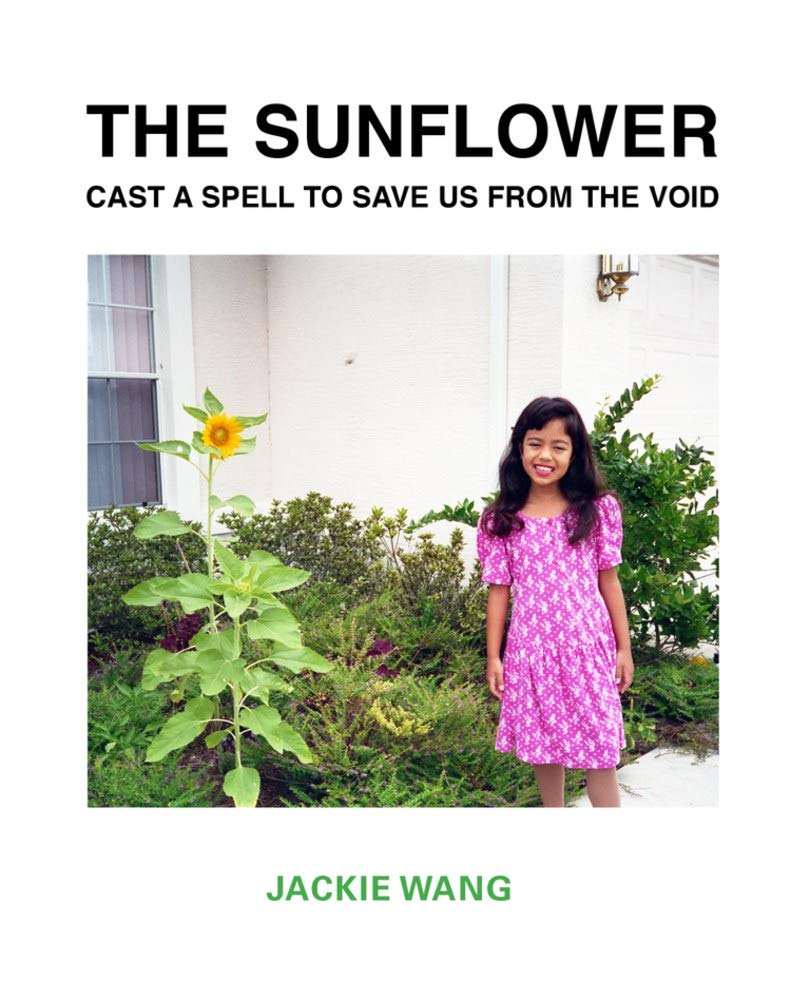What do you think?
Rate this book


120 pages, Paperback
First published January 26, 2021
Instead of opening doors and walking through them, I smash windows and glass walls. Everything is always locked so it has to be this way. I carry a giant axe around with me, which I stole from a fire emergency box. I worry the axe will give me away and I will be caught, but I'm not trying to be malicious . . . I simply am impatient. This mode of entering buildings goes viral. Now there are many of us who carry axes and never wait to be let in.